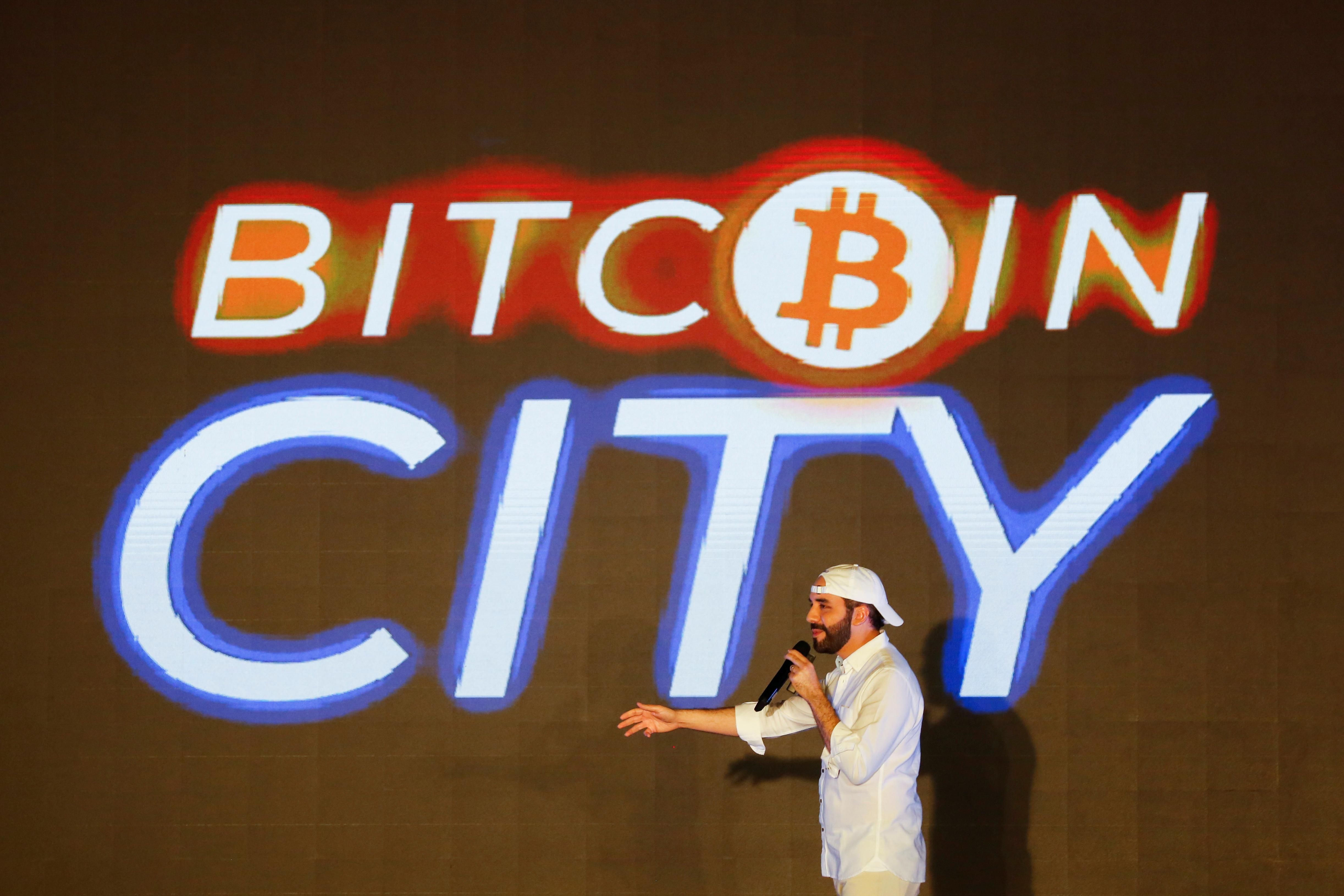What We’re Watching: Bukele’s crypto bomb, Somalia needs a president
Has El Salavdor’s crypto experiment bombed?
Mass protests erupted last fall after Nayib Bukele, El Salvador’s youthful, tech-savvy president with an authoritarian streak, announced that the country would begin accepting Bitcoin as legal tender. Many Salvadorans said Bukele’s embrace of the volatile currency would spur inflation and financial instability. Those warnings have proven prescient. In recent days, the crypto world has been caught in a tailspin, in part because global inflation has lowered investors’ tolerance for risk. Bitcoin and Etherium, the biggest cryptocurrencies, have both declined in value by 20-25% this week – and El Salvador is recording losses of about 37% based on what it forked out for crypto in a series of purchases. This has proven to be a disaster for Bukele: two major credit rating agencies predict El Salavdor will default on its loans. San Salvador has an IMF repayment due in January worth a whopping $800 million, and amid ongoing negotiations earlier this year the international lender warned that “Bitcoin should not be used as an official currency with legal tender status.” Still, the enigmatic Bukele continues to double down: this week, he released plans for the Bitcoin city he touted last fall – a smart city based on the use of the flailing currency.
